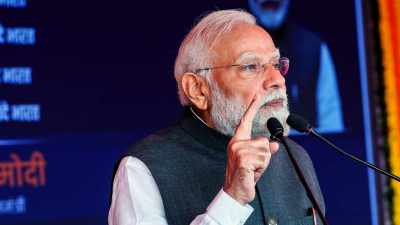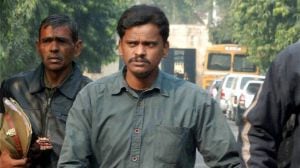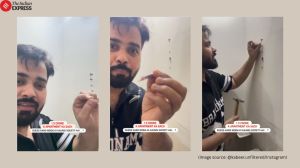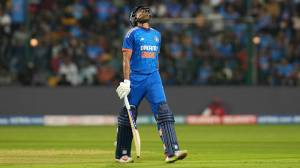Explained: Karnataka’s Legislative Council elections where only graduates and teachers can vote
Of the 75 Members of the Legislative Council, 25 are elected by MLAs, 25 by local authorities, seven by graduates, seven by teachers and 11 members are nominated by the governor.
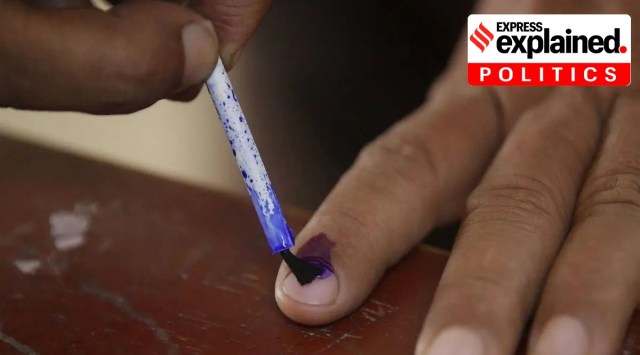 Similarly everyone who is ordinarily a resident in a teachers’ constituency and has at least three years of teaching experience in any educational institution recognised by the state government is entitled to vote in the election.
Similarly everyone who is ordinarily a resident in a teachers’ constituency and has at least three years of teaching experience in any educational institution recognised by the state government is entitled to vote in the election.The elections to the Karnataka Legislative Council’s graduate and teacher constituencies on Monday have 49 candidates in the fray. Seven of the 75 members in the Legislative Council are elected from the graduate constituency, where only graduates from any recognized universities can vote. Seven others are elected from the teachers constituency.
A total of 2.84 lakh voters are eligible to participate in the polls held across 607 polling stations in the state. The counting will take place on Wednesday.
What are these constituencies?
These constituencies exist only in states that have a legislature with two Houses—the Assembly and the Council, which is similar to the Rajya Sabha. Under clause 3 of Article 171 of the Constitution, as close as possible to one-twelfth of MLCs are to be elected by an electorate consisting solely of graduates and another one-twelfth by an electorate consisting of teachers.
Who can vote?
Any university graduate can register as a voter in these elections conducted after the six-year term of a member ends. The Election Commission prepares a separate voting list from the voters list.
According to Section 27 of the Representation of the People Act 1950, only those who have been graduates for at least three years or possess a certificate that the state government and the Election Commission recognise as equivalent to a degree are qualified to be enrolled in the voter rolls.
Similarly everyone who is ordinarily a resident in a teachers’ constituency and has at least three years of teaching experience in any educational institution recognised by the state government is entitled to vote in the election.
Newsletter | Click to get the day’s best explainers in your inbox
Why are graduates and teachers given representation?
According to political pundits, when the Constitution was drafted, in 1950, the lawmakers thought it would be good to have some members of the Council elected only by the educated people. They hoped this would lead to clean and honest politics transcending caste, community and religious barriers and money power.
What are these MLCs’ roles and responsibilities?
Like other Members of the Legislative Council (MLC), these 14 members also have functions similar to those of Rajya Sabha members. They are expected to help the state government make laws and regulations based on their knowledge and experience. They can ask questions of ministers and initiate debates. They can introduce ordinary bills, but not bills related to taxation, spending etc since only the Assembly can take up money bills.
Of the 75 MLCs in the state, 25 are elected by MLAs, 25 by local authorities, seven by graduates, seven by teachers and 11 members are nominated by the governor.





- 01
- 02
- 03
- 04
- 05


